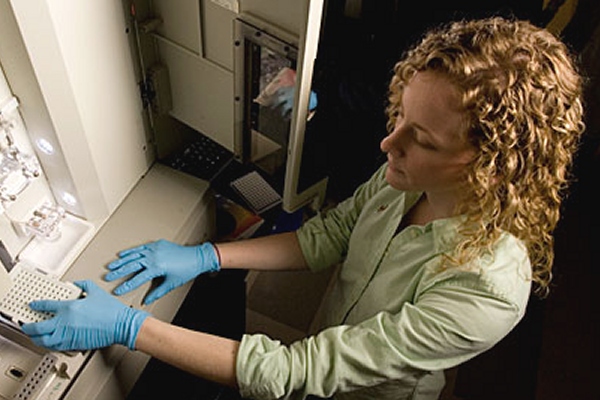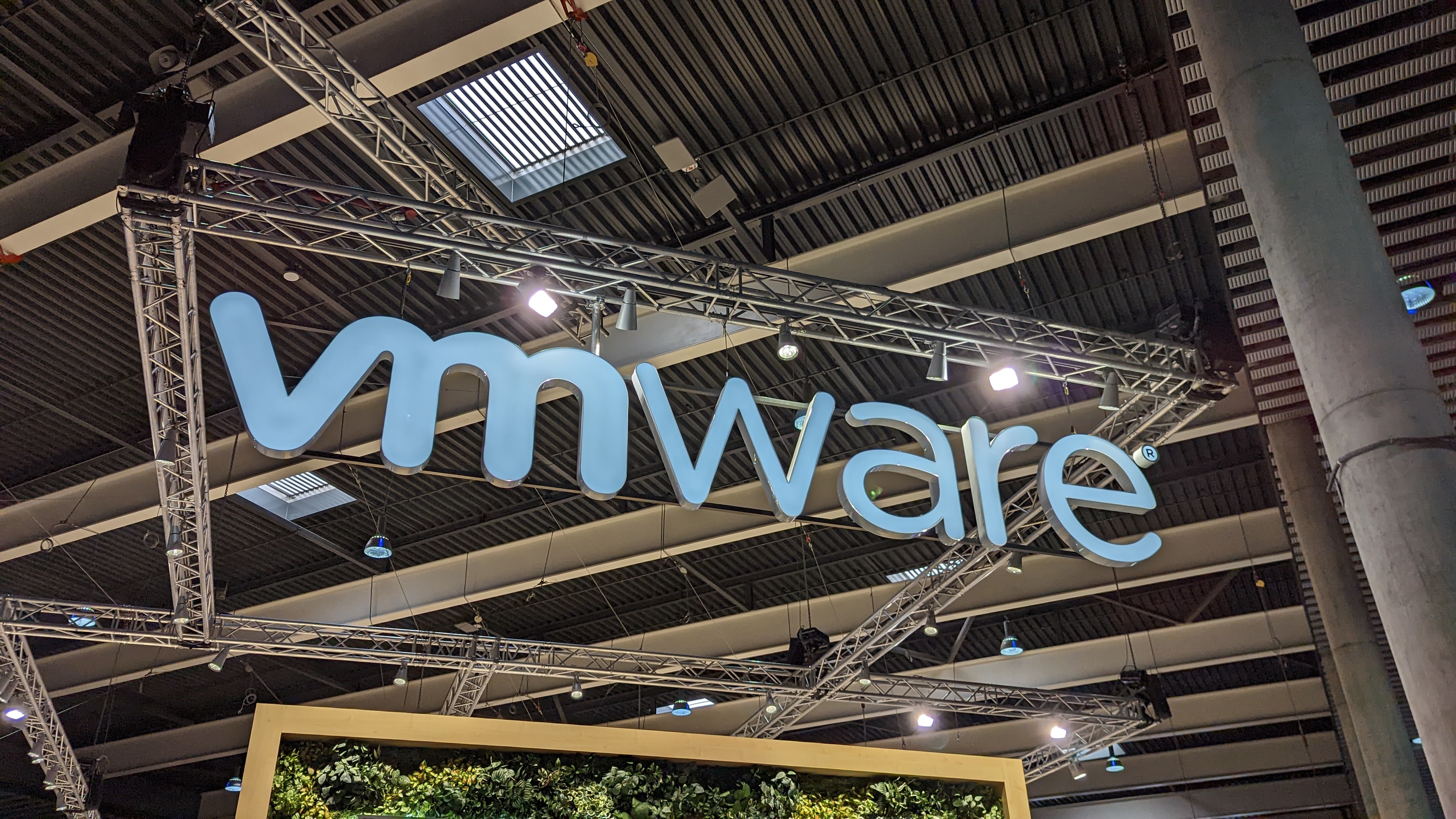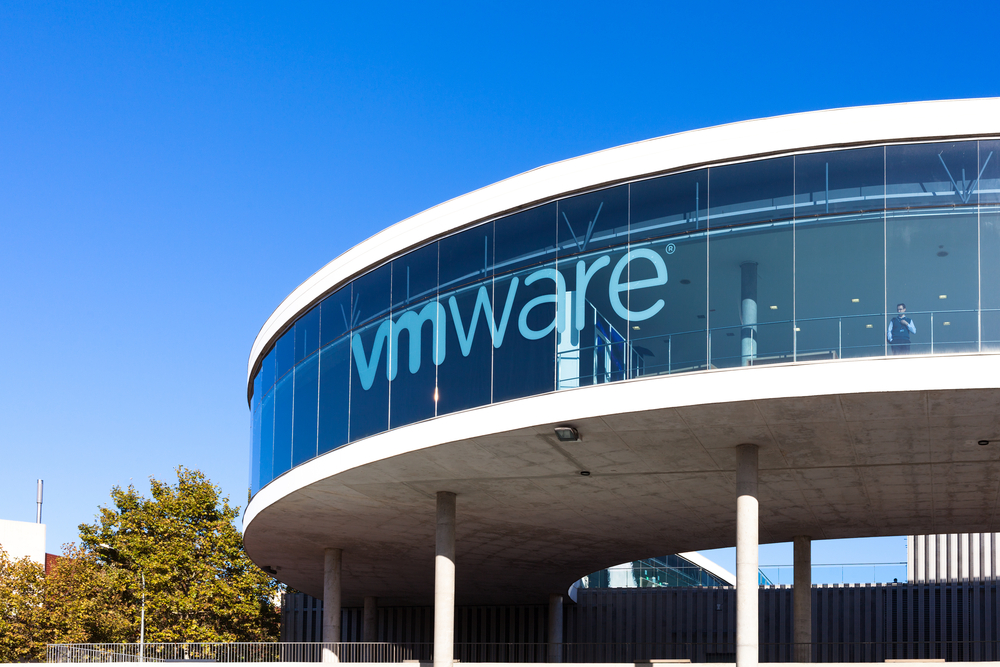Genome project reduces storage requirements
The Durham-based research centre has reduced its VMware-based genomic information storage requirements by 83 per cent with data deduplication technology.


Sign up today and you will receive a free copy of our Future Focus 2025 report - the leading guidance on AI, cybersecurity and other IT challenges as per 700+ senior executives
You are now subscribed
Your newsletter sign-up was successful
The Duke Institute for Genome Sciences and Policy (IGSP) has revealed it has achieved a dramatic reduction in the virtualised storage capacity of its ever-growing genomic research information.
The Durham-based institute is dedicated to the study of life through scientific advancement in genetics and genomics. It requires substantial amounts of data storage for the creation and analysis of genomic information.
Over a two-year period, this saw its data storage infrastructure requirements rocket from 4TB to 300TB, made up of large Oracle databases on dedicated servers and locally attached storage.
Rob Wagner, Duke IGSP database administrator said: "We just bought more disks and kept giving them to Oracle. Over time this proved to be very difficult to manage. Server sprawl and inefficient data storage use became a constant headache."
In order to solve these issues, the IGSP IT team implemented a server virtualisation project to consolidate 40 physical servers down to just three running the Oracle applications. At the same time, it also migrated and consolidated its locally attached storage to a networked fabric attached storage (FAS) system from NetApp.
The project enabled the institute to use data deduplication techniques to identify and eliminate redundant data across applications, as the technology is a key component of the NetApp core operating architecture, Data ONTAP.
Alan Cowles, Duke IGSP system administrator explained: "Previously, I spent more time managing 60TB to 70TB of direct-attached storage than I do managing the 225TB of NetApp storage we have now."
Sign up today and you will receive a free copy of our Future Focus 2025 report - the leading guidance on AI, cybersecurity and other IT challenges as per 700+ senior executives
The current IGSP environment consists of a 40-node high-compute server farm, three VMware ESX servers and 50 mixed-use application servers, where all data is provisioned from a NetApp FAS3070 clustered storage system.
Cowles said deduplication now plays a major role in managing data growth. "When we originally set up VMware, I allocated about 2.4TB for it. With NetApp deduplication, I've been able to shorten that down to less than 700GB. We now see an average of 83 per cent reduction in redundant data on our VMware systems."
A 25-year veteran enterprise technology expert, Miya Knights applies her deep understanding of technology gained through her journalism career to both her role as a consultant and as director at Retail Technology Magazine, which she helped shape over the past 17 years. Miya was educated at Oxford University, earning a master’s degree in English.
Her role as a journalist has seen her write for many of the leading technology publishers in the UK such as ITPro, TechWeekEurope, CIO UK, Computer Weekly, and also a number of national newspapers including The Times, Independent, and Financial Times.
-
 DIY hackers are turning to ‘flat-pack’ malware components to speed up attacks and cut costs
DIY hackers are turning to ‘flat-pack’ malware components to speed up attacks and cut costsNews While these malware campaigns are very basic, researchers noted “they still work”
-
 Russian DDoS: what’s the threat to businesses?
Russian DDoS: what’s the threat to businesses?In-depth The UK National Cyber Security Centre (NCSC) has issued a warning that Russian-aligned hacktivist groups are targeting organizations
-
 Lenovo and VMware expand partnership to offer turnkey Nvidia-powered AI solutions
Lenovo and VMware expand partnership to offer turnkey Nvidia-powered AI solutionsNews The collaboration aims to help customers leverage purpose-built Nvidia AI solutions for more predictable outcomes
-
 VMware brings XDR capabilities to Carbon Black in a push for lateral security
VMware brings XDR capabilities to Carbon Black in a push for lateral securityNews The cloud giant aims to provide customers with the means to identify and rectify weaknesses across their environments
-
 NetApp teams up with VMware to help businesses migrate enterprise workloads
NetApp teams up with VMware to help businesses migrate enterprise workloadsNews Amazon FSx for NetApp ONTAP is the first native AWS cloud storage to be certified as a supplemental datastore for VMware cloud on AWS
-

 Dell EMC PowerEdge R650xs review: An ‘xtra special’ rack server
Dell EMC PowerEdge R650xs review: An ‘xtra special’ rack serverReviews A powerful and expandable 1U rack server that’s ideal for businesses on a strict budget
-

 Dell EMC PowerEdge R250 review: A powerful package at a promising price
Dell EMC PowerEdge R250 review: A powerful package at a promising priceReviews A compact and powerful Xeon E-2300 rack server with room to grow and great remote management
-

 Dell EMC PowerEdge R350 review: A compact and powerful server
Dell EMC PowerEdge R350 review: A compact and powerful serverReviews Dell EMC’s entry-level rack server packs a great specification into a space saving chassis
-
 Virgin Media O2 partners with VMware to speed up 5G rollout
Virgin Media O2 partners with VMware to speed up 5G rolloutNews The UK operator has committed to deploying 5G services to 50% of the UK's population in 2023
-

 Dell EMC PowerEdge R450 review: Rack-dense server power for SMBs
Dell EMC PowerEdge R450 review: Rack-dense server power for SMBsReviews A versatile all-round rack workhorse with plenty of hardware choices at a good price
